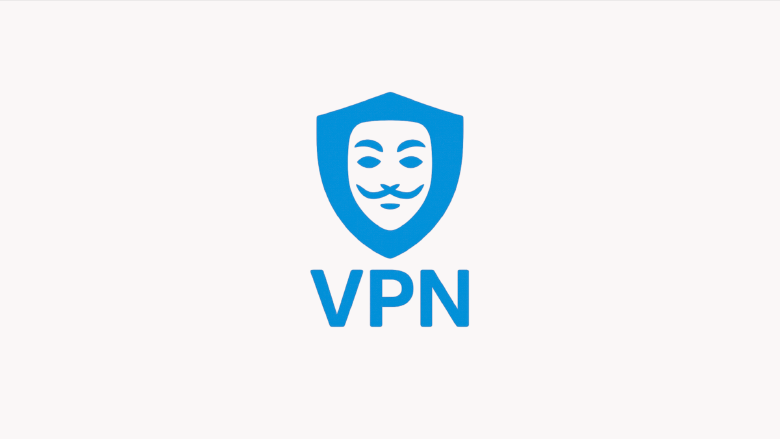Understanding VPN Speed: Fastest VPNs and Their Impact on Internet Speed

Understanding VPN Speed: Fastest VPNs and Their Impact on Internet Speed
In our ever-connected world, keeping your online activities private and secure is more important than ever. Virtual Private Networks (VPNs) have become a go-to for safeguarding personal data. But, a common concern remains: do VPNs slow down your internet? This guide will help you understand how VPNs can affect your internet speed, highlight the fastest VPNs available, and explore if VPNs might even boost your connection.
Understanding VPN Speed
VPNs encrypt your internet connection, hiding your IP address and keeping your online actions private. This extra layer of security, while beneficial, can add steps to your connection and potentially affect speed. So, how does this impact your browsing experience?
Do VPNs Slow Your Internet Speed?
It’s a common question: do VPNs slow your internet? The answer isn’t black and white. Typically, a VPN might reduce speed due to encryption and the extra distance your data travels to a VPN server. This slowdown is more noticeable if the server is far from you or if it’s crowded with users.
Factors Influencing VPN Speed
-
Server Location: The closer the server, the faster the connection. Opt for servers near you to help maintain speed.
-
Server Load: Crowded servers can slow you down. Choosing a less busy server can enhance performance.
-
Encryption Level: Stronger encryption means more security but can slow things down. Find the right balance for your needs.
-
ISP Throttling: Some ISPs slow down certain activities like streaming. A VPN can bypass these limits, potentially speeding things up.
-
VPN Protocols: Different protocols balance speed and security differently. WireGuard is fast, while OpenVPN is known for security.
Fastest VPNs
To find a speedy VPN, consider server locations, server load, and the protocols they use. The fastest VPNs typically offer:
- A vast selection of servers in many places.
- Fast protocols like WireGuard.
- High server capacity for minimal slowdowns.
Do VPNs Improve Internet Speed?
While VPNs are mainly for privacy, they can sometimes improve speed. If your ISP throttles your bandwidth for certain tasks like streaming, a VPN can help you dodge these restrictions, leading to faster speeds. Plus, if your local network is overcrowded, a VPN can provide a steadier connection by routing through less congested paths. Remember, these are exceptions rather than the norm.
Common Questions
To clear up any confusion, here are some questions users often ask:
| Question | Answer |
|---|---|
| Do VPNs always slow down your internet speed? | Not always. Speed impact varies based on factors like server location and encryption. |
| How can I find the fastest VPN for my needs? | Look for VPNs with many servers, advanced protocols, and good speed reviews. |
| Can using a VPN improve my internet speed? | Sometimes, especially if bypassing ISP throttling. |
| What is the best protocol for speed? | WireGuard is known for its fast connections while maintaining security. |
| How can I minimise speed loss when using a VPN? | Opt for nearby servers, avoid crowded ones, and balance encryption with speed. |
Wrapping Up
VPNs are crucial for keeping your online life private and secure. But understanding their impact on your internet speed is key to getting the best performance. While they can sometimes slow you down due to encryption and server routes, choosing the right VPN and server can help minimise this. In some cases, they might even speed things up by bypassing ISP throttling. By considering server location, load, and protocols, you can find a VPN that strikes the right balance between speed and security.
